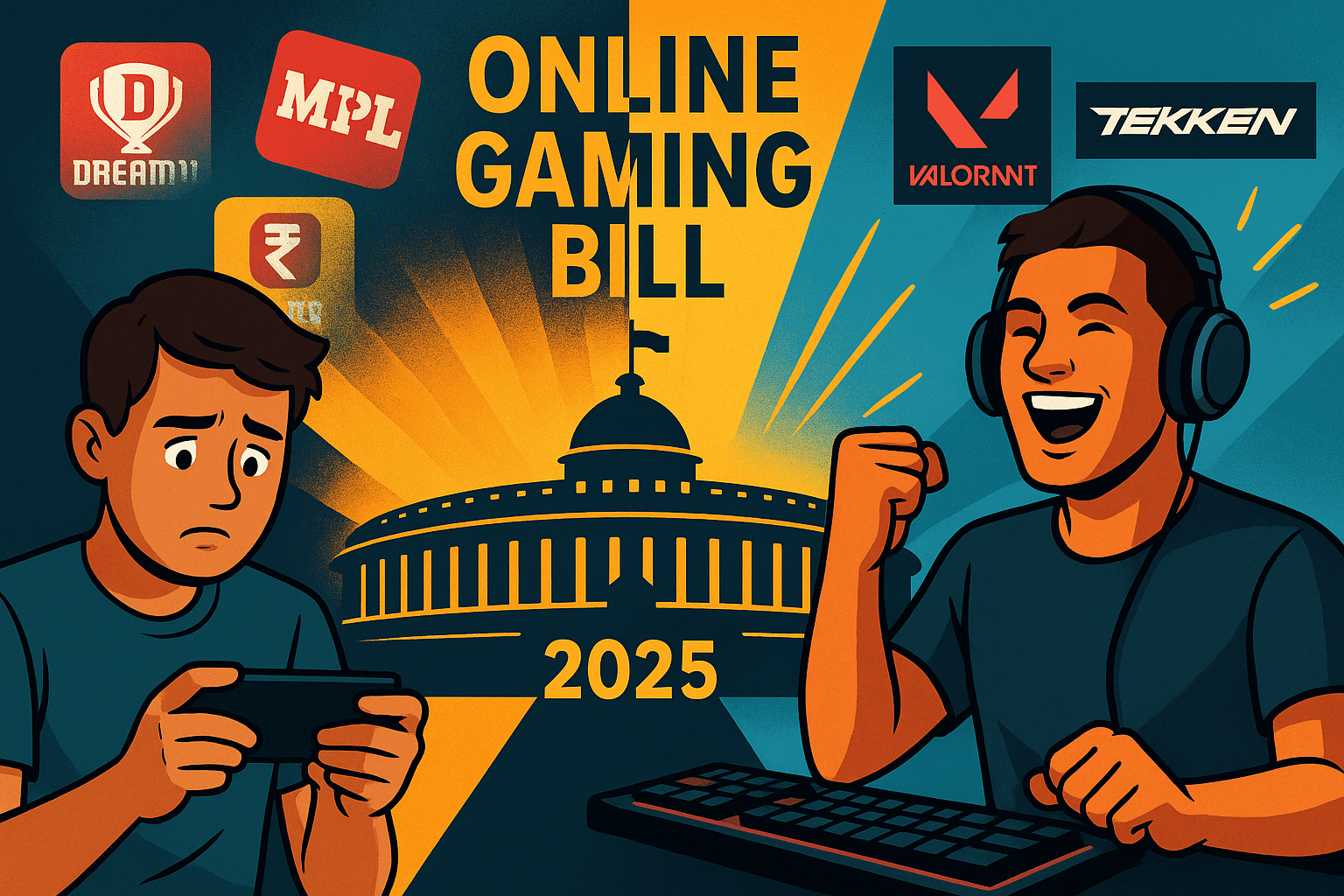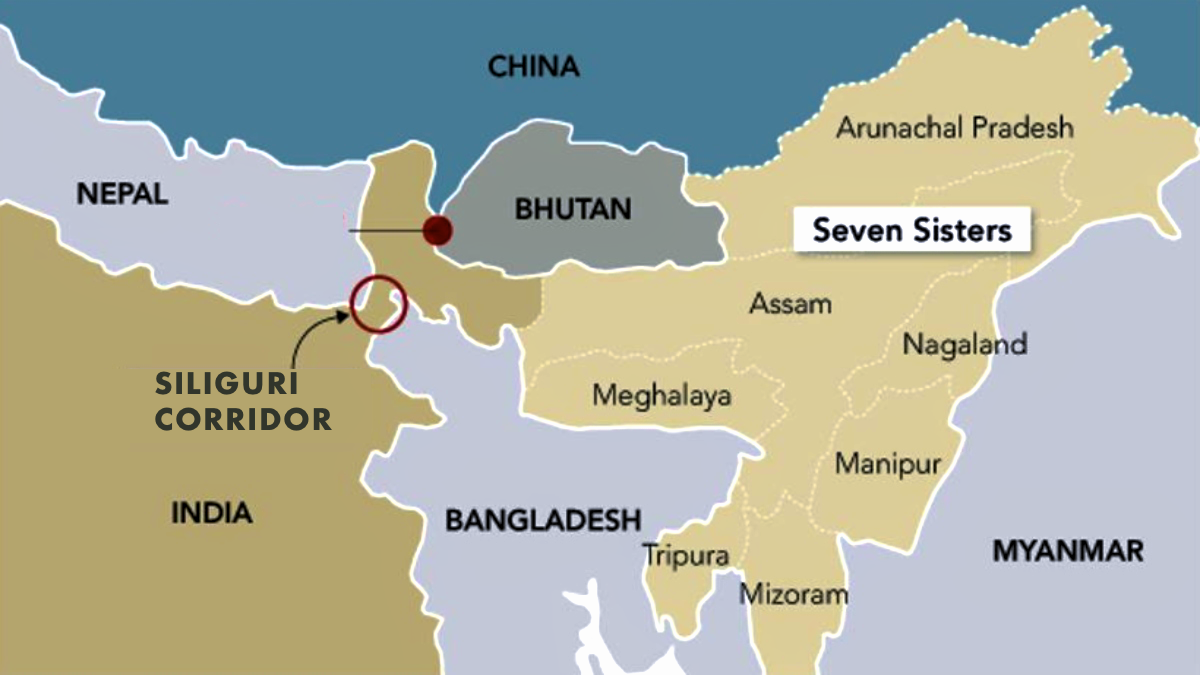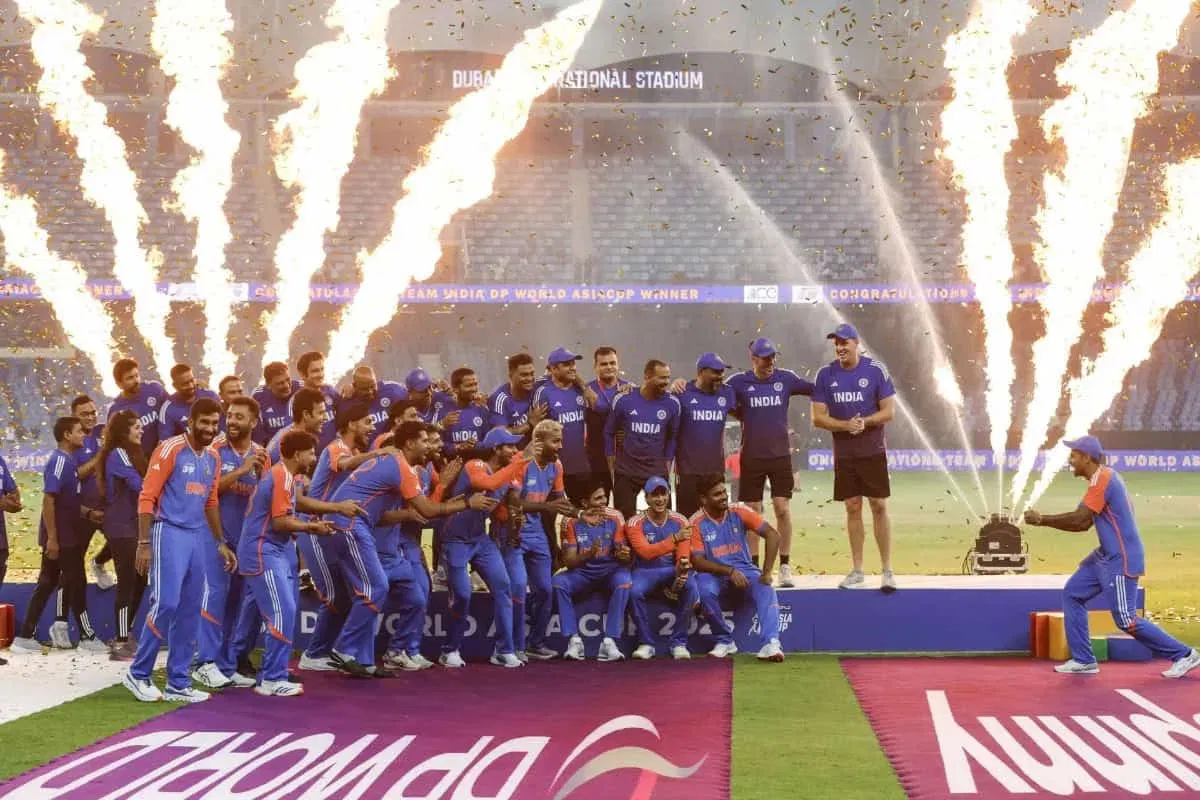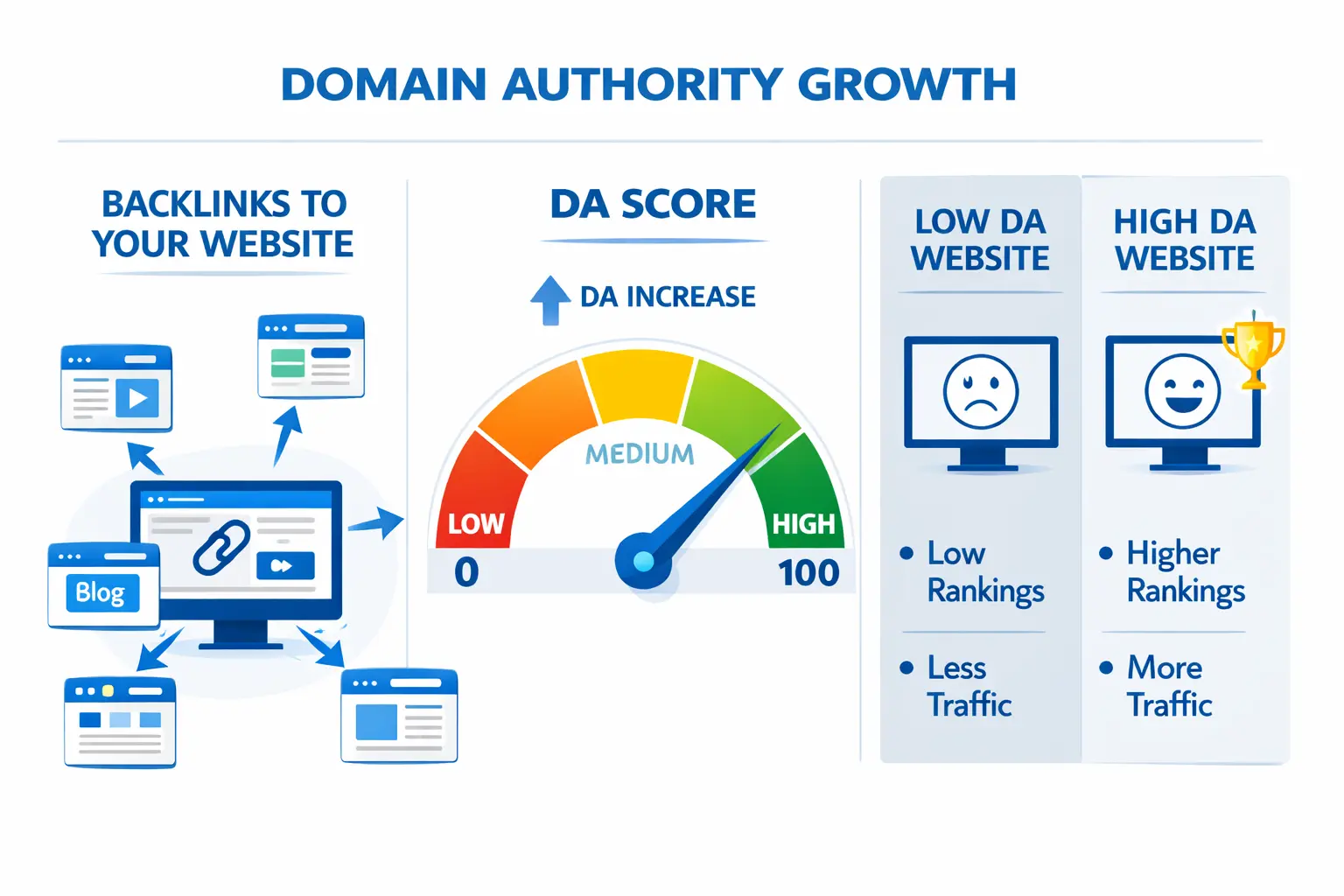Which Games Are Banned Under India’s New Online Gaming Bill 2025

Imagine waking up one morning and finding out that the gaming app you spent hours (and maybe money) on is suddenly banned. This is exactly what may happen in India soon. The government has introduced the Promotion and Regulation of Online Gaming Bill 2025, which aims to shut down real-money gaming apps like Dream11, MPL, and Zupee. While many people are cheering this move, others are worried about jobs, the gaming industry, and whether players will simply move to illegal alternatives. Let’s break this down in simple words.
Why the Government is Targeting Online Money Games
The government estimates that 45 crore Indians (450 million people) have lost money on these apps, with total losses reaching ₹20,000 crore.
Why so much? Because these platforms are zero-sum games:
- One person wins, another loses.
- The platform always takes its cut.
- The more people play, the bigger the losses.
Add to this the fact that these apps were endorsed by cricketers and Bollywood stars, who claimed to stand for “good values.” People trusted them and followed blindly — only to fall into financial traps.
This is why the government finally stepped in.
How the New Online Gaming Bill Classifies Games
The bill, which has passed the Lok Sabha and awaits Rajya Sabha approval, divides games into four groups:
- Online Money Games – Real money in, real money out. Examples: Dream11, MPL, Zupee.
These will be banned.
- Social Games – No betting, no gambling. Example: Ludo King, Candy Crush, Chess.com.
Still allowed.
- Educational Games – Learning-focused apps like Duolingo, coding challenges, and quiz platforms.
Safe and encouraged.
- Esports – Games like Valorant, Tekken, and PUBG tournaments where money is only used for upgrades or skins, not gambling.
Safe and growing fast.
So, if you’re into Valorant, Tekken, or casual games like Ludo, you don’t have to worry.
The Hidden Side: Taxes and Government Revenue
Here’s where it gets tricky. While the government says people lost ₹20,000 crore, it also collected huge taxes from these apps:
- GST (28%) on deposits and entry fees.
- Corporate tax from gaming companies.
- Income tax from big winners.
In fact, according to industry data, the government earned ₹6,000–7,000 crore annually through these games.
By banning them, the government may lose a steady revenue stream.
The Public Divide: Ban or Regulate?
People are split into two camps.
👍 The Supporters of the Ban
- Protects millions from financial ruin.
- Saves families from debt and stress.
- Stops celebrities from promoting harmful apps.
👎 The Critics of the Ban
- Thousands of employees in gaming companies may lose jobs.
- The government earned thousands of crores in taxes — this revenue will vanish.
- Addicted players may turn to illegal apps, especially foreign or Chinese ones, where risks are even higher.
Some experts argue that instead of a blanket ban, India should have gone for strict regulation:
- Age verification for players.
- Spending limits.
- Transparent odds.
- Consumer protection laws.
What It Means for You as a Gamer
If you’re into real-money games: prepare for a shutdown. Once the President signs the bill, these apps will disappear from app stores in India.
If you’re into casual gaming, esports, or educational apps: relax — this bill may be good news. With the focus shifting away from gambling-style games, the esports and casual gaming market could grow even faster.
Conclusion
The Online Gaming Bill 2025 is not just about games — it’s about protecting society, balancing revenue, and reshaping the gaming industry. While it may save millions from financial harm, it will also disrupt an industry that created jobs and paid huge taxes.
The real question: should India ban online money games completely, or regulate them with stronger rules? Either way, this decision will impact not just gamers, but families, jobs, and even the Indian economy.









No comments yet. Be the first to comment!